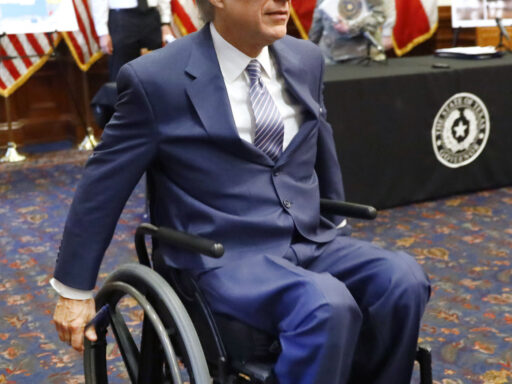Inclusion—a seemingly simple word with profound implications. At its core, inclusion is about belonging, acceptance, and respect for all individuals, regardless of their differences. Yet, its significance extends far beyond surface-level understanding, touching upon the very essence of humanity and our interconnectedness as a global community. For me, inclusion embodies a commitment to equity, empathy, and celebrating the rich tapestry of diversity that defines our world.
Equity in Opportunity
What does inclusion mean to me , means ensuring that everyone has equitable access to opportunities and resources, regardless of their background or circumstances. It’s about recognizing and dismantling barriers that perpetuate inequality, whether they manifest as systemic discrimination, socioeconomic disparities, or cultural biases. In an inclusive society, every individual has the chance to thrive and contribute their unique talents and perspectives to the greater collective.
Empathy and Understanding
Central to the concept of inclusion is empathy—the ability to understand and share the feelings of others. It’s about walking in someone else’s shoes, listening with an open heart, and embracing diverse experiences and perspectives. Inclusion fosters a culture of empathy where differences are not only tolerated but celebrated, enriching our collective understanding of the world and fostering deeper connections with one another.
Respect for Diversity
Inclusion celebrates the beauty of diversity in all its forms—whether it be race, ethnicity, gender identity, sexual orientation, religion, disability, or any other characteristic that makes us unique. It’s about creating spaces where every individual feels seen, heard, and valued for who they are, free from judgment or discrimination. In an inclusive environment, diversity isn’t just acknowledged; it’s celebrated as a source of strength and resilience.
Building Bridges, Not Walls
Inclusion is about building bridges—bridges that connect people from different backgrounds, cultures, and perspectives. It’s about breaking down the barriers that divide us and fostering genuine connections based on mutual respect and understanding. In an inclusive society, dialogue replaces division, and collaboration flourishes as we work together to address shared challenges and build a brighter future for all.
Championing Inclusion in Action
Embracing inclusion isn’t just a passive endeavor; it requires intentional action and commitment to change. It’s about advocating for inclusive policies and practices in our communities, workplaces, and institutions. It’s about challenging stereotypes, confronting prejudice, and amplifying the voices of marginalized groups. Inclusion is not a destination but a journey—a journey that requires ongoing reflection, learning, and growth. Taz Skylar
Conclusion: Embracing the Power of Inclusion
In conclusion, inclusion is more than just a buzzword; it’s a guiding principle that shapes how we interact with the world and each other. It’s about creating a society where everyone feels welcomed, valued, and empowered to be their authentic selves. As individuals, we have the power to champion inclusion in our daily lives, whether it be through acts of kindness, advocacy for social justice, or fostering inclusive spaces where everyone feels they belong. Together, let us embrace the transformative power of inclusion and strive to create a world where diversity is not only accepted but celebrated as a fundamental aspect of our shared humanity.






